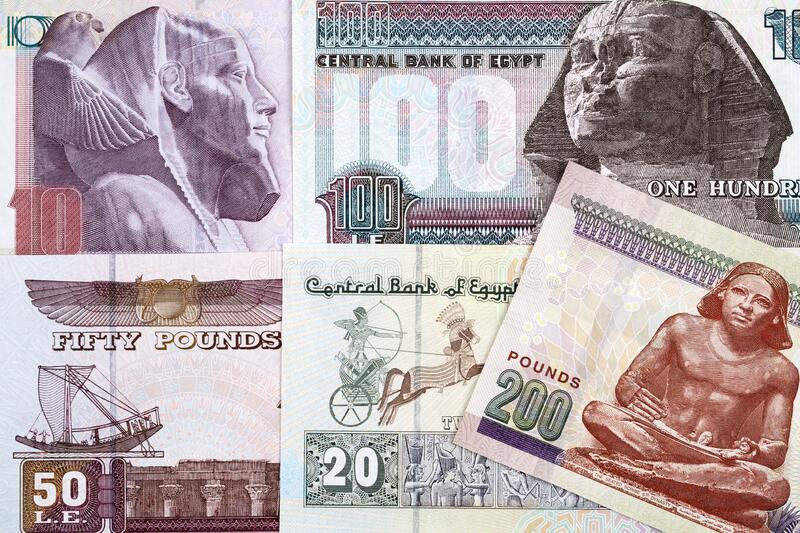
Bloomberg news agency reported that the increasing pressure on the Egyptian economy has led the largest banks in the world to believe that Cairo needs to depreciate its currency again.
Greater flexibility of the Egyptian currency is required in light of Cairo’s pursuit of a new loan from the International Monetary Fund, the agency stated.
Bloomberg referred in a report to the inevitability of the devaluation of the Egyptian pound.
The agency cited analyzes of Deutsche Bank, Goldman Sachs and Citigroup, which said that the Egyptian currency was overvalued, even after devaluing it by more than 15 percent in March.
The high prices of oil and commodities significantly affected Egypt, which is the largest importer of wheat in the world, as well as the decline in tourists from Russia and Ukraine.
Urban inflation in Egypt accelerated in July after a month of lull, as rising food prices and locally rising fuel costs put more pressure on consumers.
The central bank may have more impetus to raise interest rates when it meets on August 18.
Investors are looking for any signs that the central bank is preparing to depreciate the currency further after global investors pulled billions of dollars from the Egyptian debt market this year, the agency said.
In the meantime, the Egyptian government is taking other steps to support its financial resources, as Cairo is considering obtaining a loan of about US$2.5 billion, and is holding talks with regional and international banks regarding the details of financing.
Bloomberg added that financing from the Gulf countries provides a mainstay, as a unit of the Saudi sovereign wealth fund acquired state-owned stakes in four Egyptian companies listed on the stock exchange for $ 1.3 billion, as part of the Kingdom’s commitment to channel resources.




